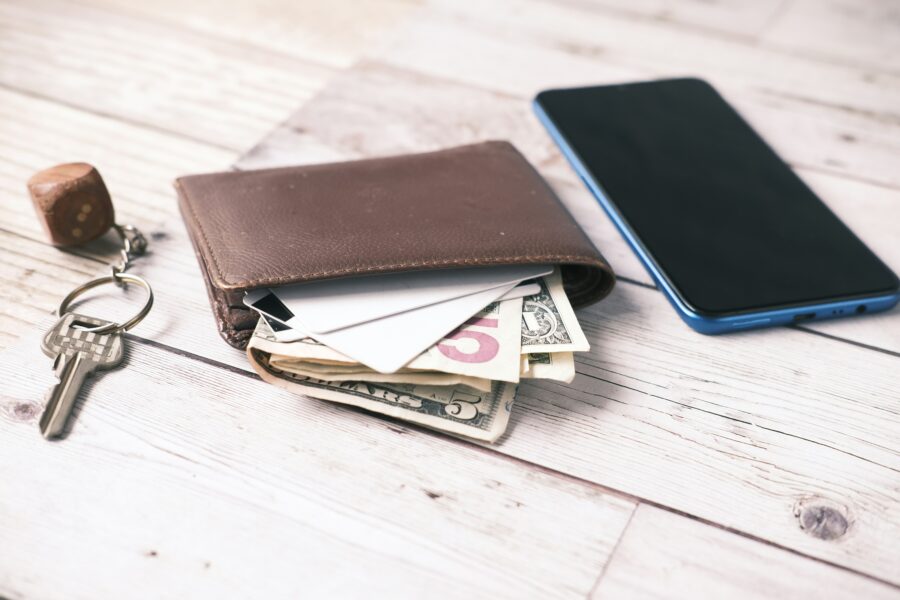
Apple Pay is probably every student’s kryptonite. It’s certainly mine, easy to tap away on a night out without thinking of the actual monetary transaction you’re making. We assume phone companies have sufficient privacy safeguards to keep our banking safe but in reality, most of us have little idea. Apple’s security and privacy overview states that, when a user connects their bank account details with Apple Pay, it generates a device account number which “can’t be decrypted by Apple but is stored in the Secure Element”. This mystical contraption that is the “secure element” is a chip isolated from iOS and iCloud, providing some hope that Steve Jobs won’t be keeping tabs on your transactions from beyond the grave.
So, what’s the problem of a cashless society if companies put appropriate safeguards in place? Imagine tomorrow the UK faced a national cyber-attack or suffered a complete crippling of the digital banking system, at least you could pay for milk and bread with the shrapnel in your wallet or the fiver intended for Fever entry. But in a cashless world, an individual would have no recourse if digital systems failed. Cash then serves as a fundamentally important backup and provides financial resilience.
Of course, this dystopian world may be some way off, but it underscores a more important point. In a world with increasingly heightening geopolitical tensions, reliance on technology leaves societies vulnerable, especially when authoritarian rivals to Britain such as China are becoming more technologically advanced. Cash affords a level of autonomy and independence that digital payments cannot replicate. No government or company controls physical banknotes and coins, preventing manipulation from foreign or even domestic entities.
Cash affords a level of autonomy and independence that digital payments cannot replicate.
Without a doubt, moves by a series of western governments towards a central bank digital currency (CBDC) should raise privacy concerns. Cash enables financial privacy in a way digital transactions do not. There is an expectation that when you hand over a £20 note, no record is made of what you purchased. Yet digital payments by nature generate data on your spending profile which could be exploited, shared or hacked without your consent. A CBDC system, in the wrong hands, risks enabling unprecedented surveillance over personal finances by government or tech companies. Consider recent UK proposals to ban smoking for future generations and the complete ban of disposable vapes. While the merits of such proposals can be debated, in a CBDC world, governments could essentially enact “stealth bans” by blocking digital pounds from being used to purchase targeted products, without scrutiny or due democratic process. This poses a real threat to economic liberty.
There is one clear safeguard against potential overreach with a central bank digital currency: preserve physical cash as a payment option.
While digital payments provide convenience and efficiency, these benefits should not overshadow the still vital role of physical cash. Cashlessness risks centralised control over individuals’ finance, and digital currencies pose a very realistic target for cyberattacks or manipulation by tech companies. For those who value privacy and autonomy, cash is still king. By maintaining both digital and cash-based payments, the government provides choice for its citizens as well as providing resilience for individuals and the economy.
Think about it, do you really want big tech to know how much you spent on an accidental Timepiece trip or on Deliveroo the following morning?


